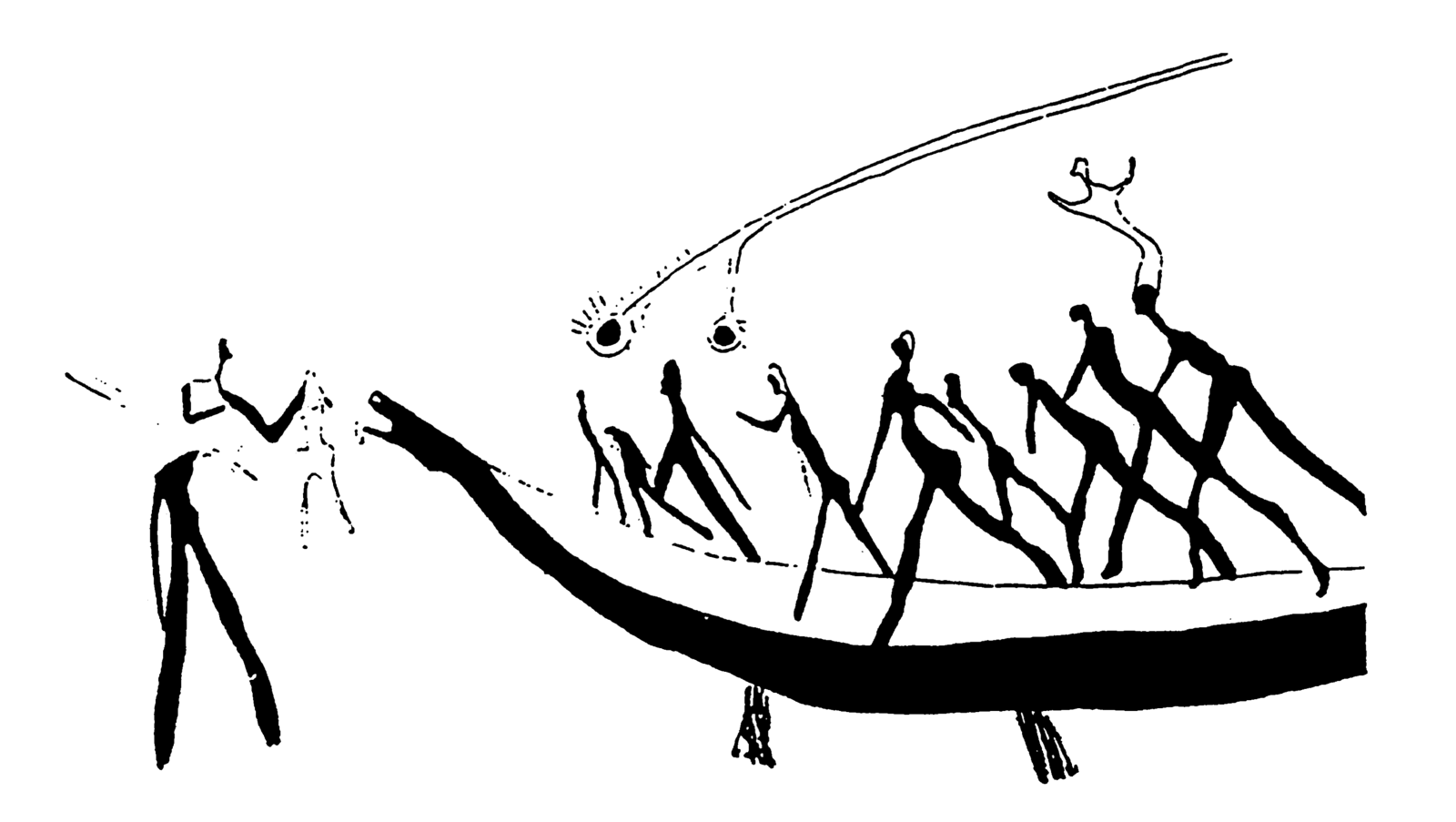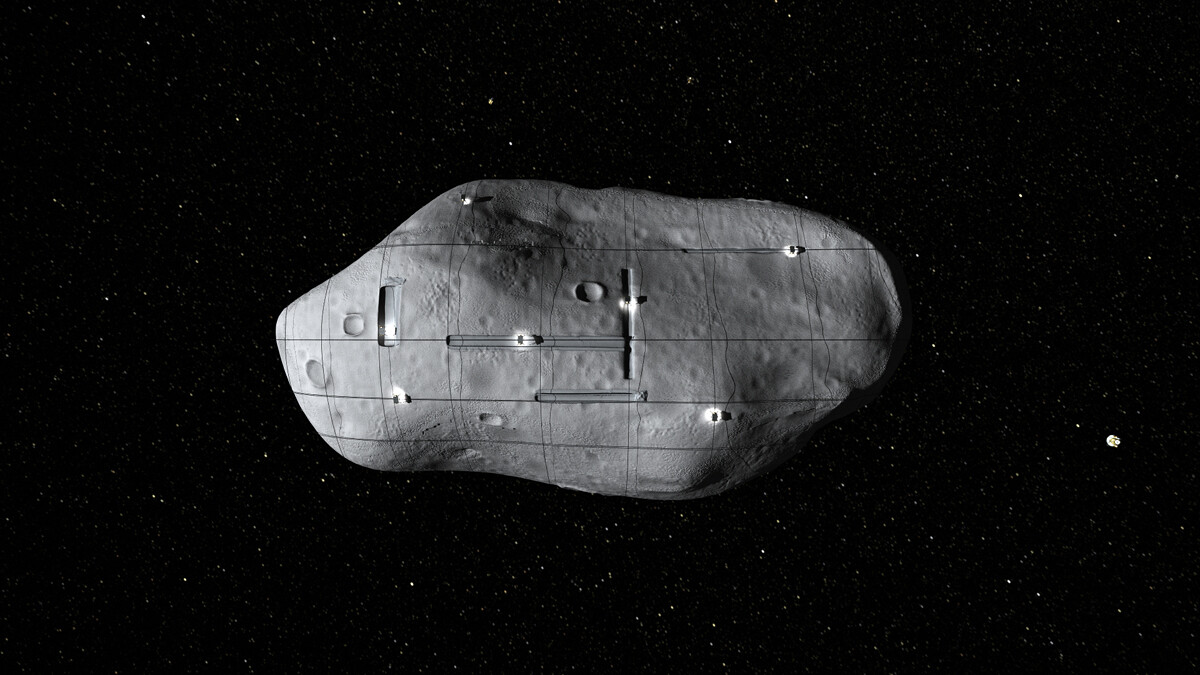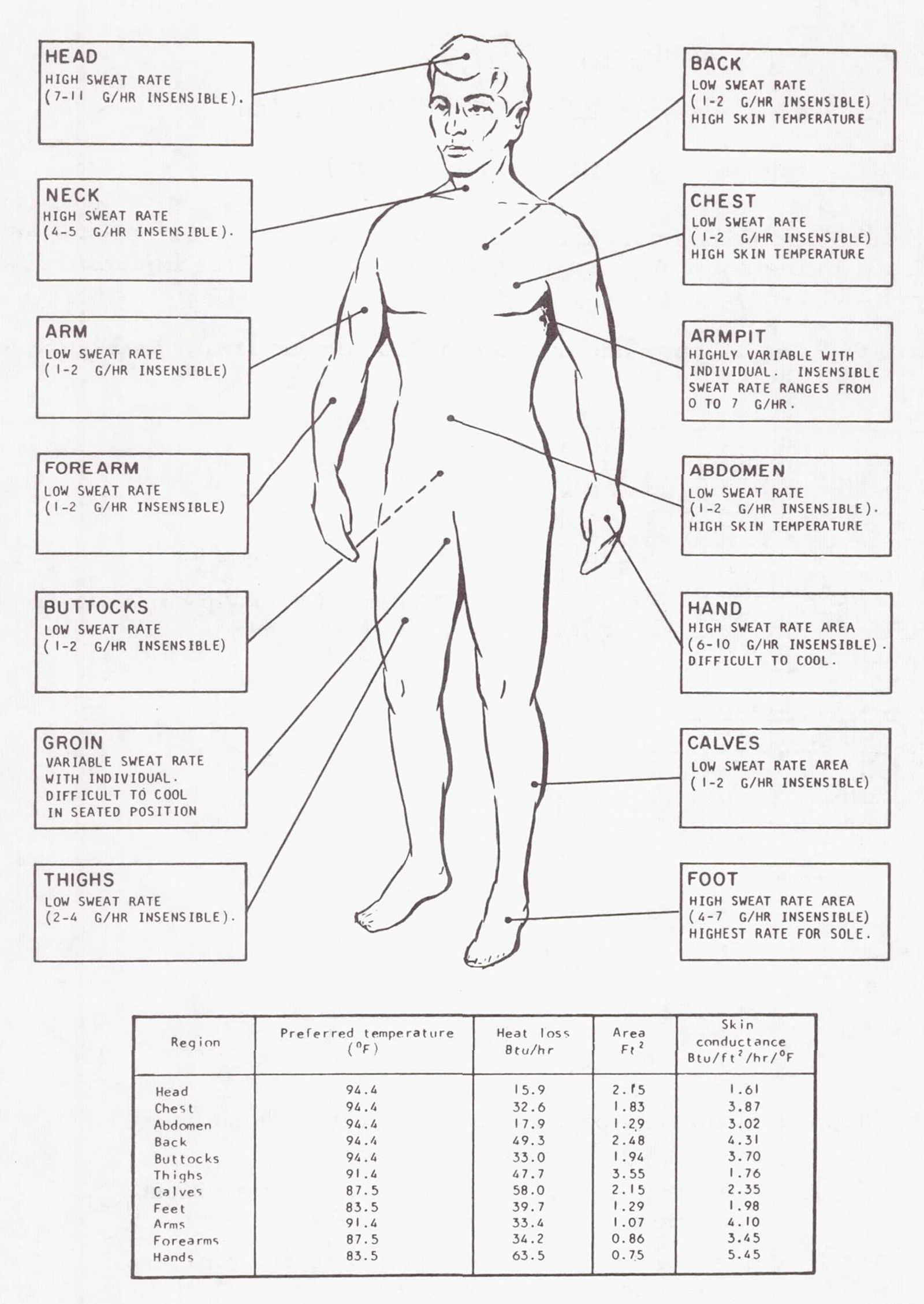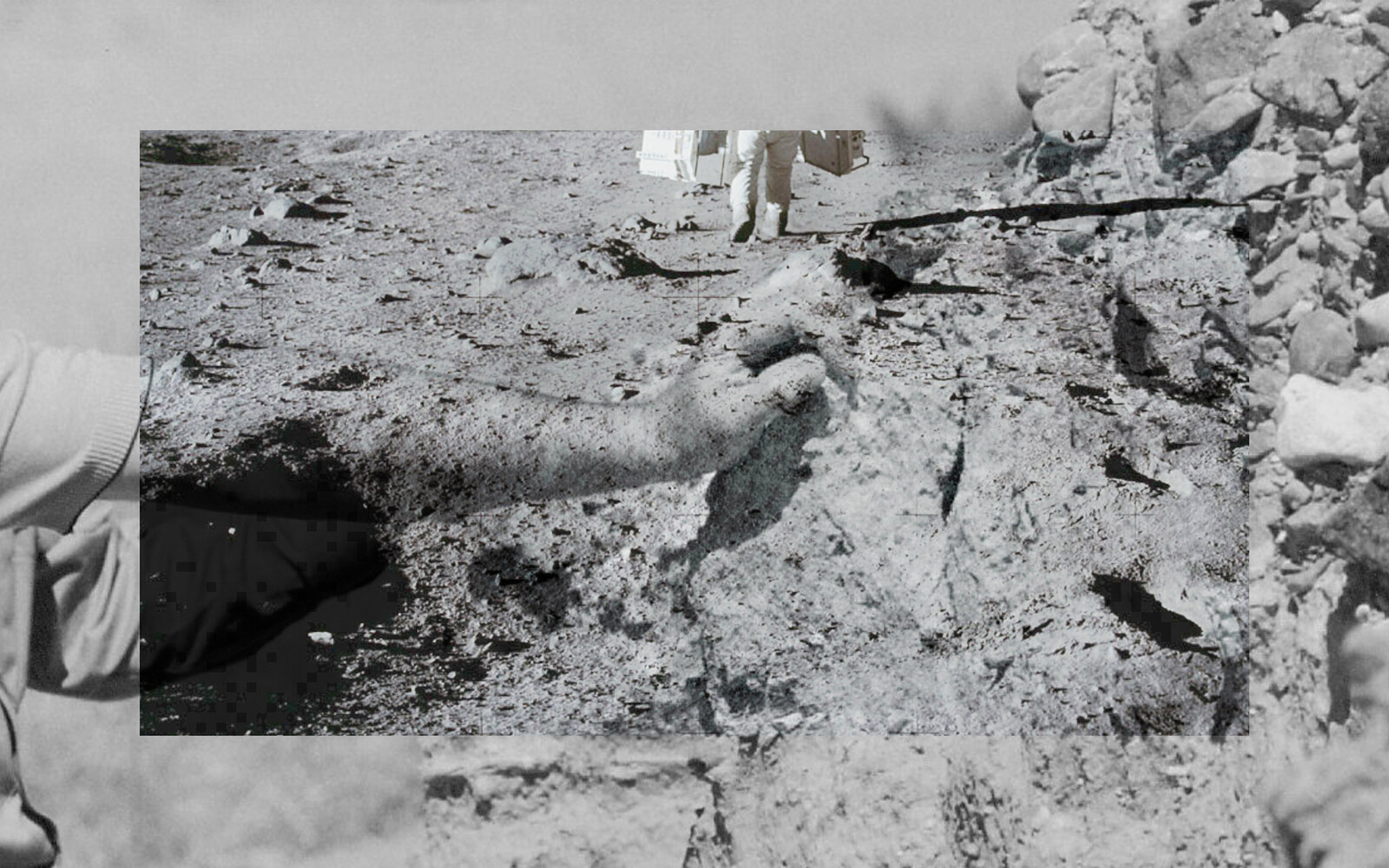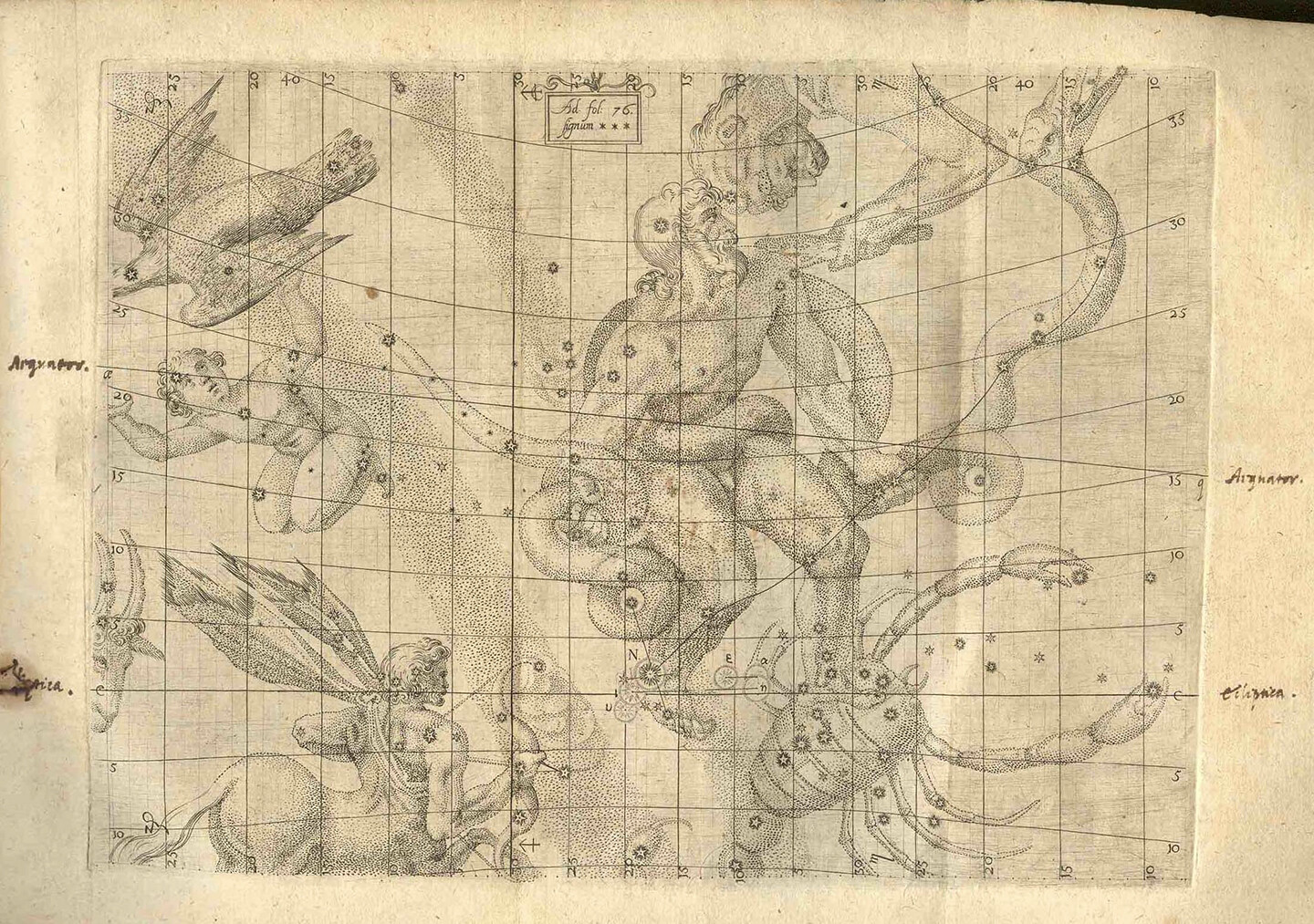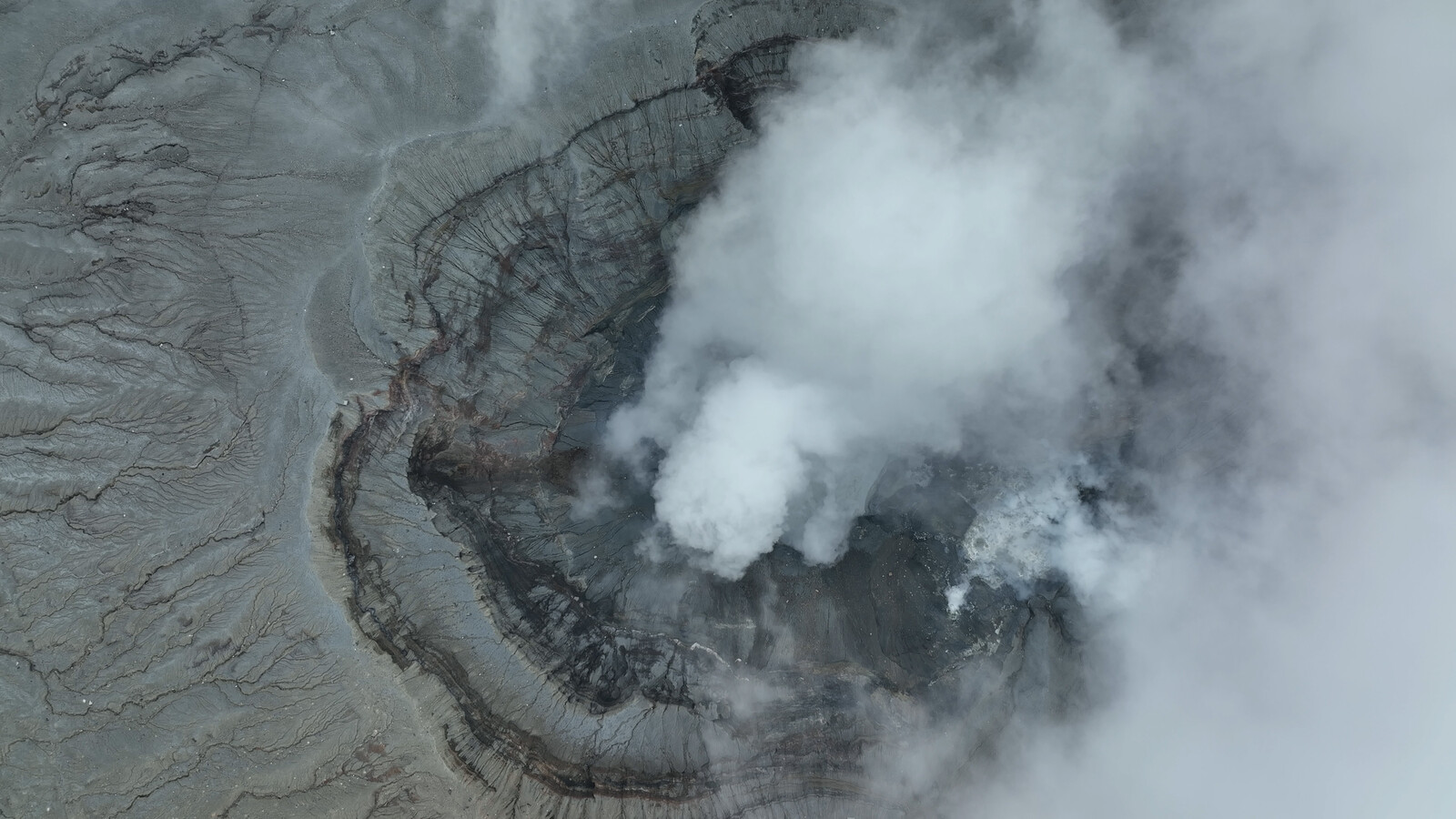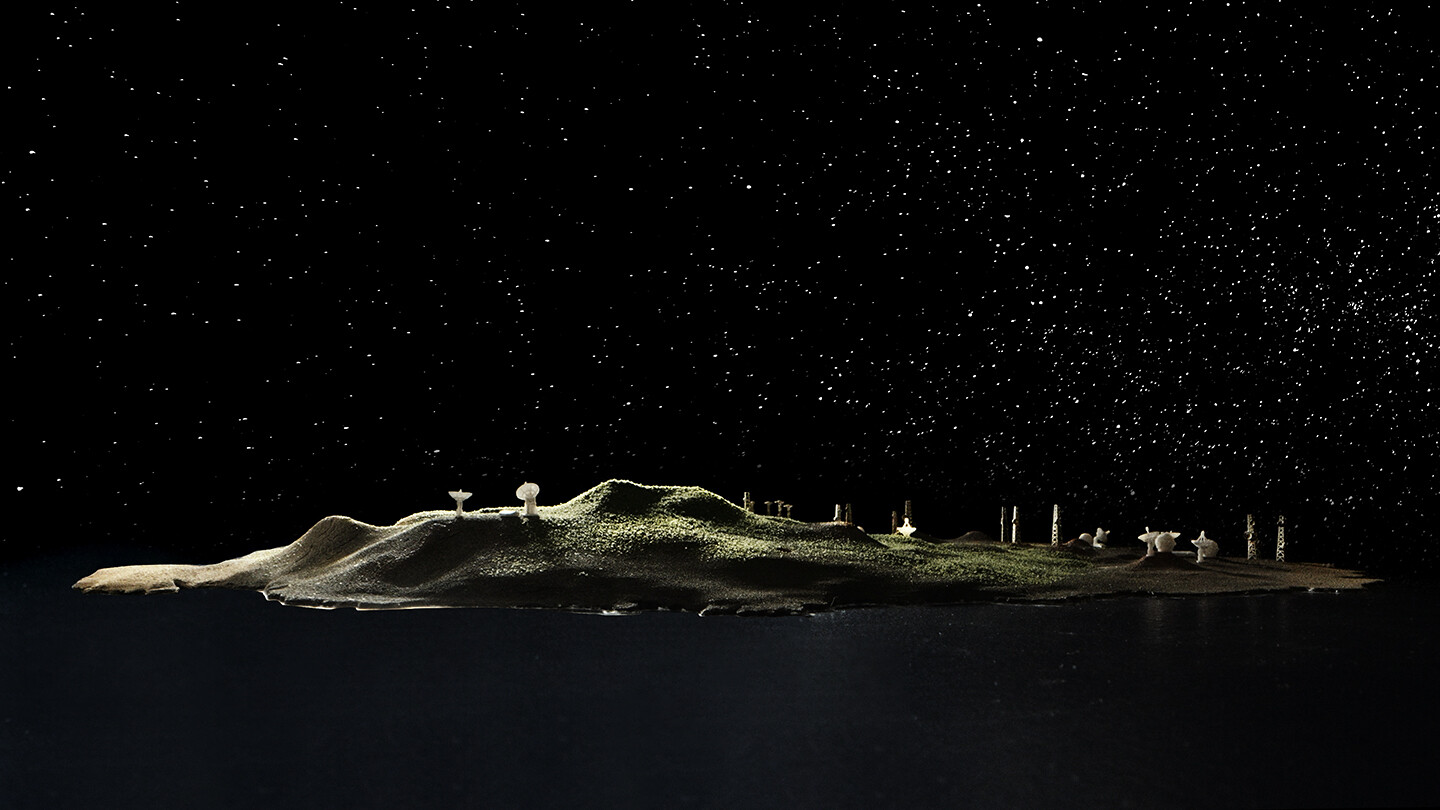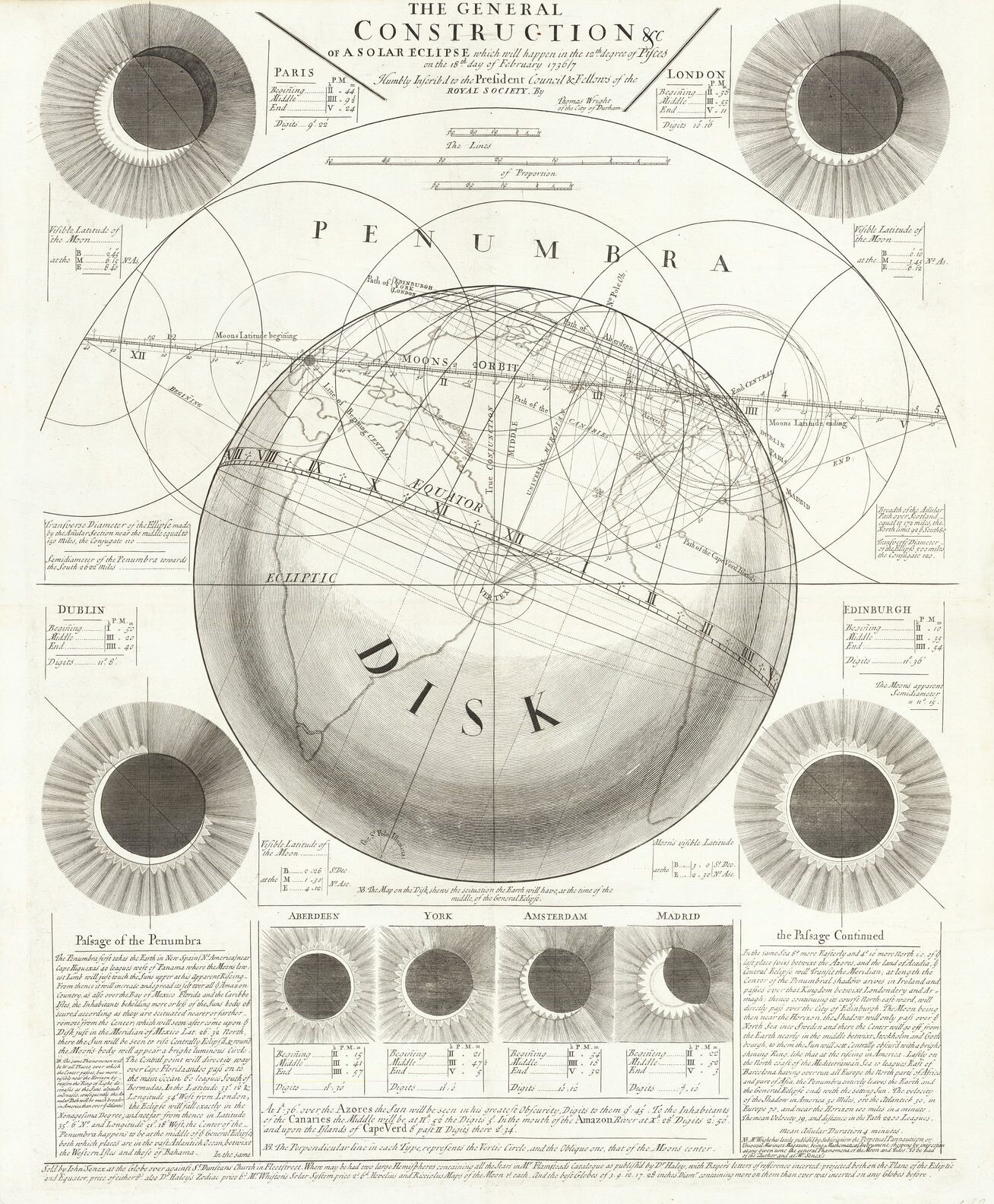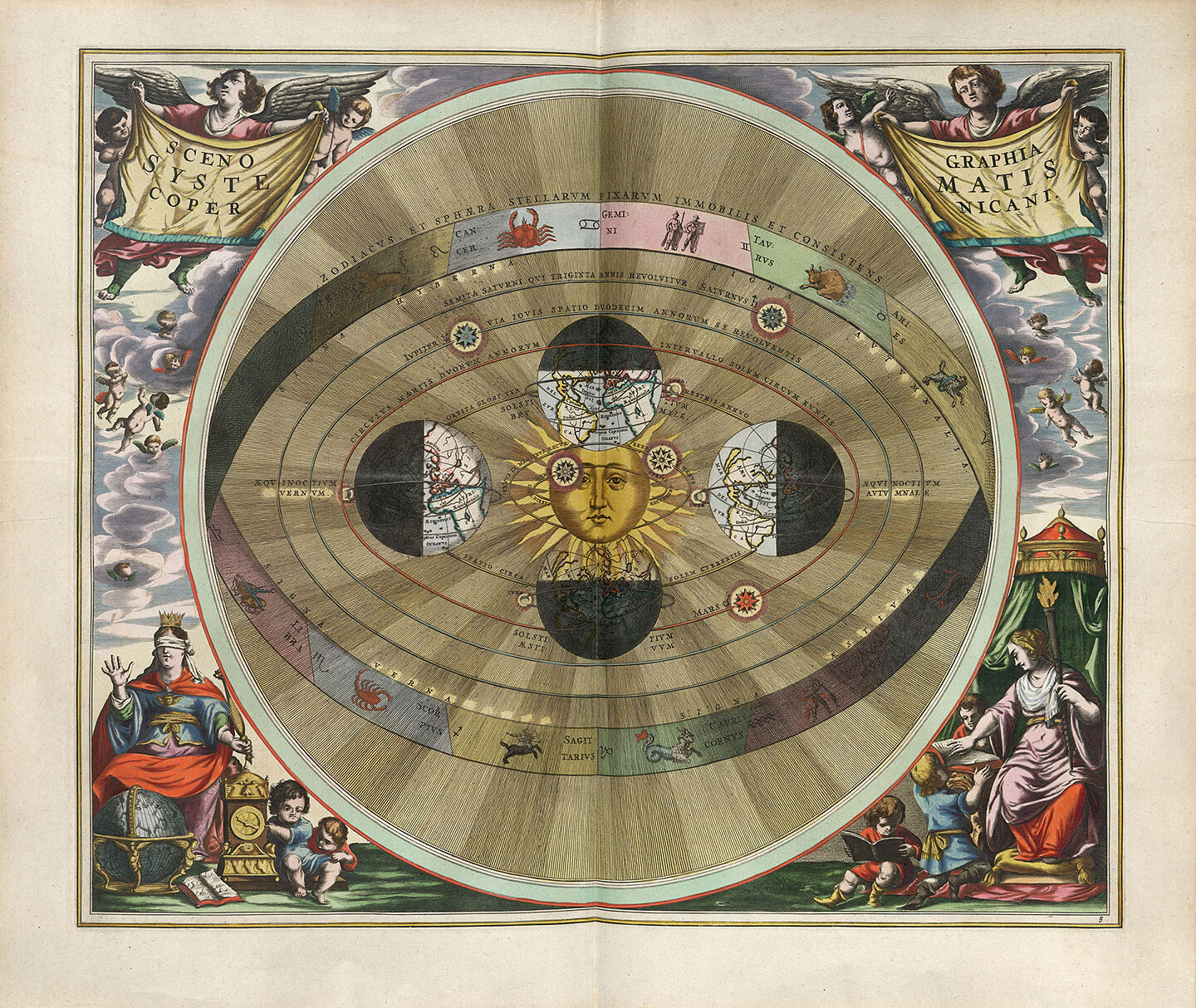Under the “Eye of the Sun” (ekleipsis): A Talk by Akira Mizuta Lippit
The formation of a market economy (merchants as masters) widens and expresses something not new—capital—in a very new way. With the supernovas, academic knowledge divorces the church and marries capital. And this new union, this encompassing fate for the world, was not written in the stars (or spontaneous). It’s conceivable that after 1579, a thousand more years might have passed without a break from Aristotle. Civilizations might have risen without any concession to the market economy. West African drumming might have continued its dominance over long-distance communication. It was the second supernova that sealed the deal for the emergence and expansion of the universal market. Giambattista Vico, Adam Smith, Hegel, and ultimately Marx confused this specific form of universal history with the transhistorical history of “mankind.”
Though Hasenbosch was a victim of heteropatriarchy, he was also undoubtedly an agent of Empire. He showed no signs of resistance against the murderous unworlding campaigns of the Dutch East India Company. His only divergence from the terms of order was his sexual desire for men, which had no place in the white Christian doctrine central to the Dutch empire’s command structure. As such, Hasenbosch was exiled from the very world he had helped to propagate.
II. Existential Frontiers: Ben Rivers and Claire Denis
On Christmas Eve 1968, the crew of Apollo 8 read from the book of Genesis as they orbited the moon, marking the moment with Christian cosmogony. On the same trip, the astronaut William Anders captured “Earthrise,” an image of the earth from lunar orbit, often described as an image that inaugurated the new environmental movement. The mission to explore the moon thus became instead a dramatic “discovery” of the earth, a perfect parable of the Promethean, or better yet, the Faustian return to Man himself, encapsulating all the elements of the threat of self-annihilation. On earth, what was to bring endless energy brought nuclear annihilation, and the same fossil fuels that enabled the Apollo mission into space brought destruction to the earth’s atmosphere. But at that point, all that was solid melted into air.
Launch of e-flux journal issue #142: Cosmos Cinema

